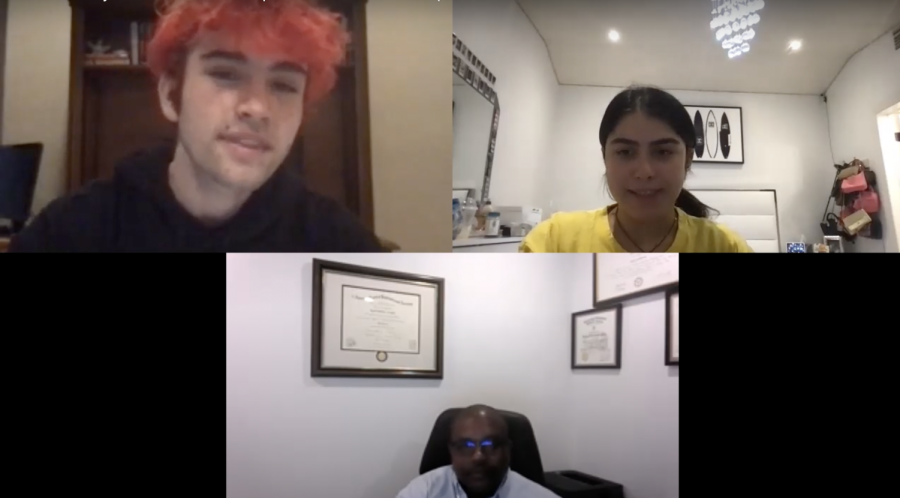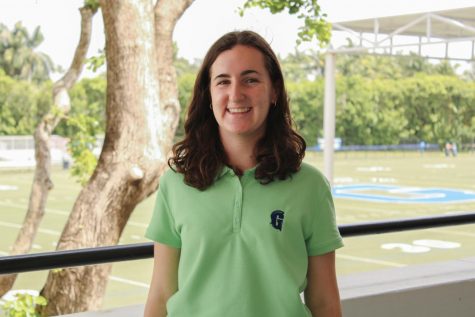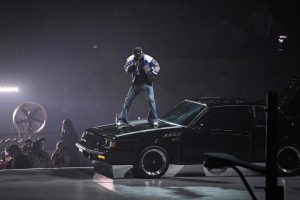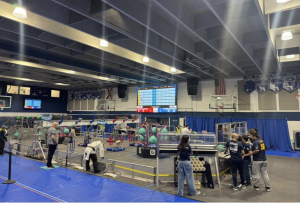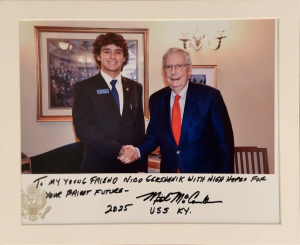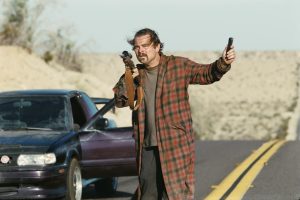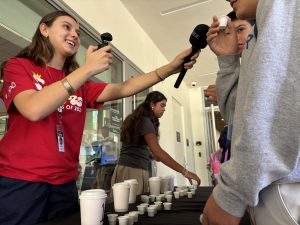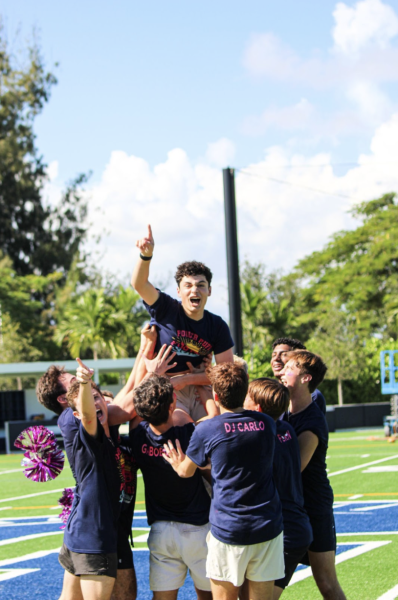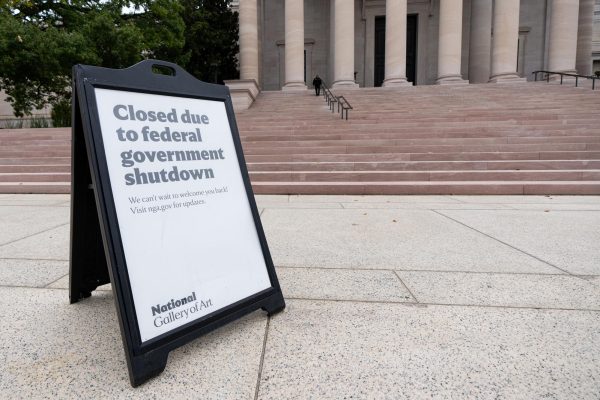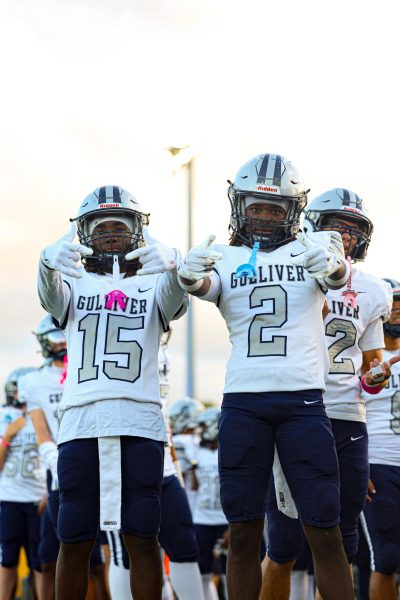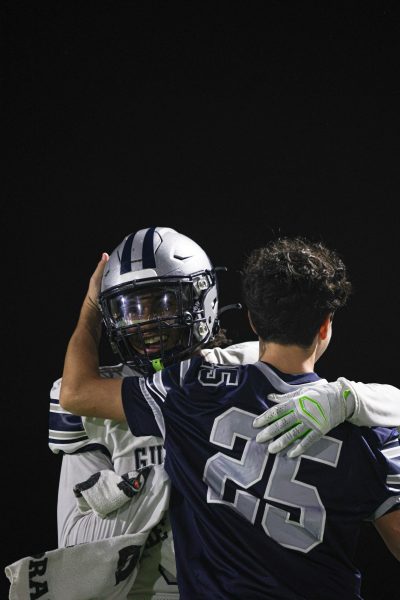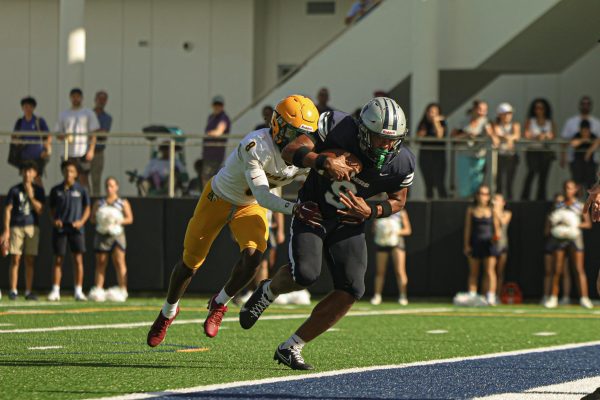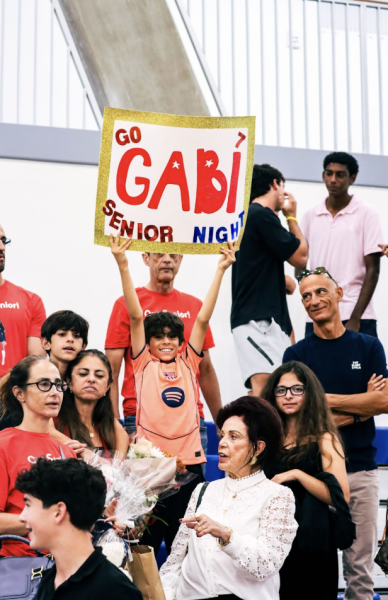“Lifting the Light Shade”: Black History Month Interviews an Illuminating Experience for Students
Juniors Theo Ciperski and Lindsay Roth interview psychiatrist Barnell Phillips. In recognition of Black History Month, students interviewed five Black leaders in the area of health and wellness.
February 10, 2022
A virtual interview series that social studies teacher Keitha Burnett originally intended to be a temporary pandemic project last year has turned into an educational and eye-opening tradition for her students.
During observances such as Hispanic Heritage Month, Black History Month, WomenŌĆÖs History Month, Asian Heritage Month, LGBTQ History Month, and Holocaust Remembrance, Burnett has organized virtual interview sessions with leaders across these groups who are respected in their fields, from state representatives to health workers to film directors.
Throughout the month of January, a group of student volunteers interviewed Black leaders in fields surrounding the common theme of health and wellness. Several of the five interviewees included psychiatrist Barnell Phillips, DOH-Duval Medical Executive Director Pauline Rolle, and metastatic breast cancer survivor Rev. Jean Lawerence. A full list, including biographies, can be found here. Additionally, videos and transcripts of the interviews can be found here.
According to Burnett, the purpose of the interviews was to encourage community engagement and multi-dimensional discourse. Students asked questions regarding the intervieweeŌĆÖs career paths and personal accomplishments, as well as questions relevant to Black History Month, such as about the role models that have guided the interviewees.┬Ā
ŌĆ£Every time I did an interview, I learned something new, gained new awareness of challenges that are outside of my experiences, and overall learned new ways to become a better person,ŌĆØ said junior Theo Ciperski, who volunteered for the interviews for the second time. ŌĆ£I hope to have the opportunity to do it again next year.ŌĆØ
Beyond the questions, the interviews were an opportunity for students to share meaningful conversation, inspiration, and advice with those they may not ordinarily have the chance to meet.
ŌĆ£Maya Angelou would say that we only have an image of people until we interact with them. ThatŌĆÖs what I see that happens in the interviews: lifting the light shade that divides communities,ŌĆØ Burnett said.

